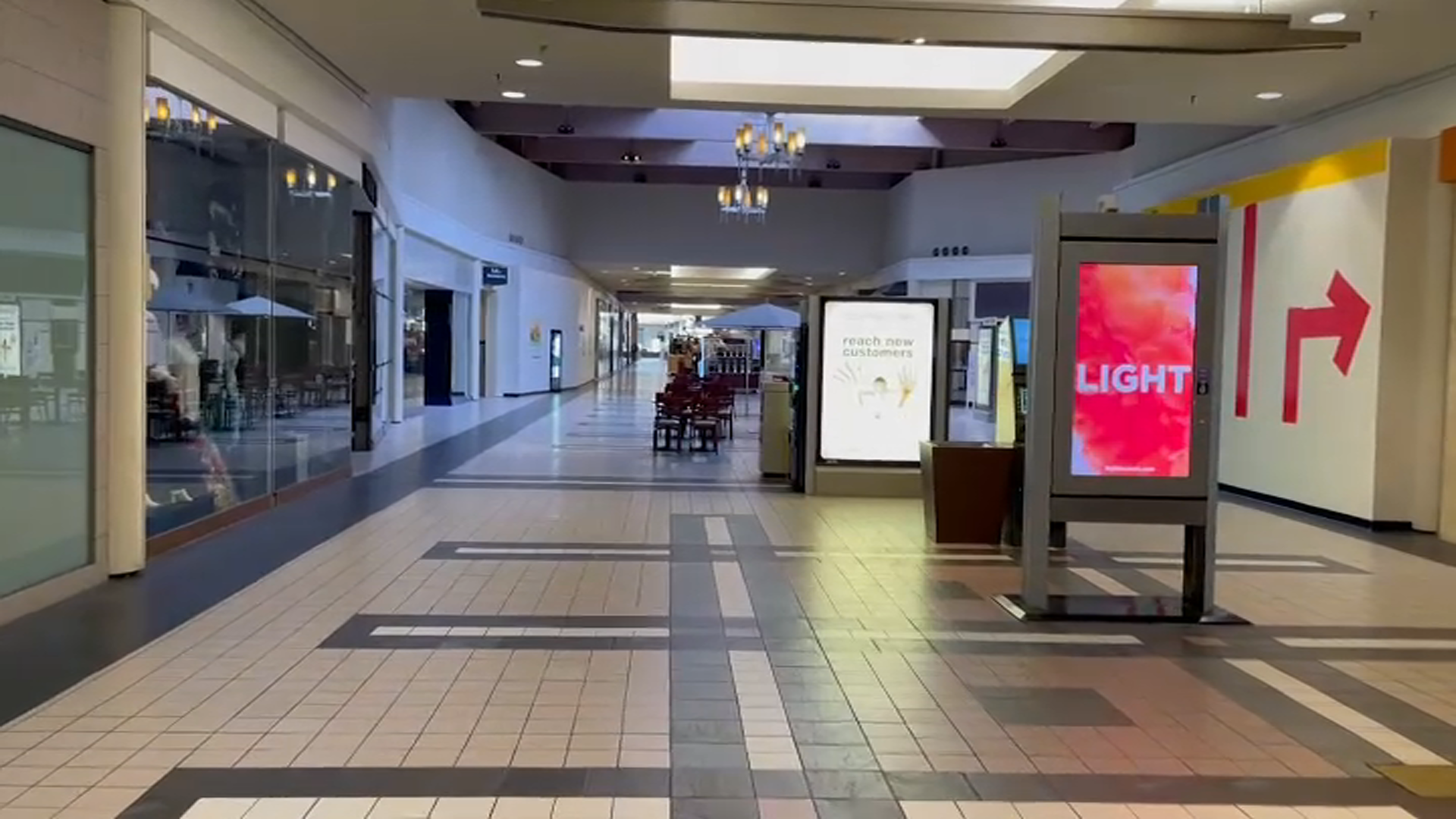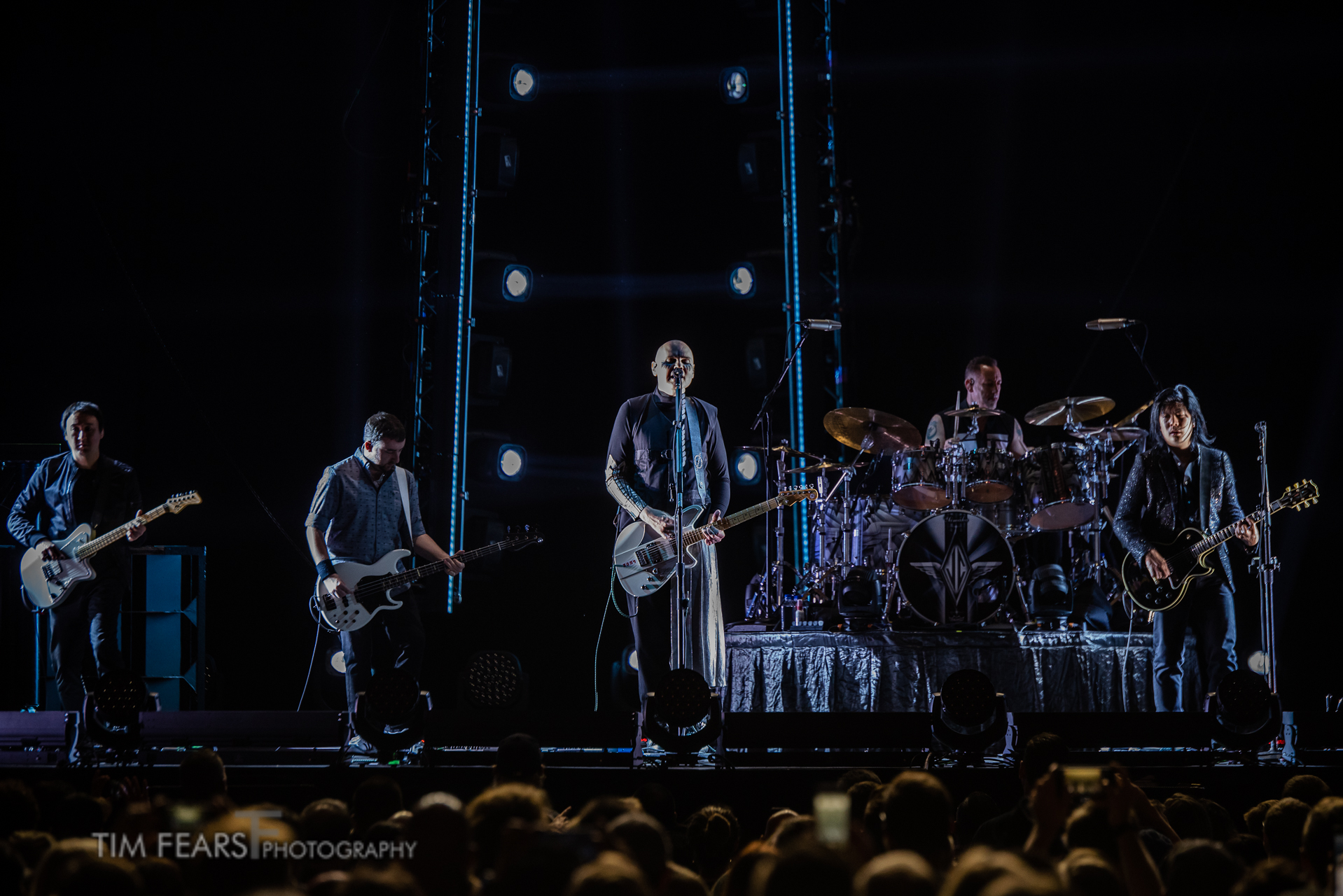Five health care workers were the first people in Chicago to be vaccinated against the coronavirus on Tuesday in a moment the mayor called "history in the making."
The vaccinations took place at 10:30 a.m. at Loretto Hospital, located at 645 S. Central Ave. on the city's West Side.
The first five people to be vaccinated, according to the Chicago Department of Public Health, were:
- Dr. Marina Del Rios, Director of Social Emergency Medicine at the University of Illinois Health
- Elizabeth Zimnie, ER RN at Norwegian American
- Barbara Shields Johnson-Critical Care RN, Director of Med/Surg/ICU at Loretto Hospital
- Jermilla Hill-Patient Care Technician at Loretto Hospital
- Mark Hooks, ER RN at Loretto Hospital
"I took the vaccine first and foremost so I can continue to provide care for all the patients who come through our doors," Hooks said after receiving the dose, adding that he also wanted to show his patients "that I took it and am safe."
He also said getting vaccinated will also bring him closer to being able to spend time with his daughters.
"We've had to distance at times because of my close proximity to COVID patients so this also gets me a step closer to being with them more, to being able to hold them closer," he said.
Local
He noted that during the spring peak, "it was scary coming into work every day."
"We've learned on the fly," Hooks said. "It hasn't become easier, but we continue to care for them. The biggest difference is patients don't have their family, don't have their loved ones by their side. So we have to be their support, but it's hard. It's hard to see them alone and suffering... this is a step that leads us back to getting loved ones back by the bedside."
An hour after receiving the vaccine, Hooks said he felt "amazing."
"If you could have told my 3-year-old self that I would love getting a shot one day I probably wouldn't believe it," he said. "It was great."
Del Rios echoed Hooks' comments, saying that her family is grateful she is among those receiving the vaccine.
"I know that for my kids it's a relief right now to know that I'm a little close to being more protected when I go to work," she said.
But for Del Rios, her decision was also rooted in her community.
"I thought it was also important that my community see that one of their own is getting immunized today. That there is a Latino willing to step up and to show that this is safe and that it's effective," she said.
For Shields Johnson, the vaccine is simply another part of her personal protective equipment.
"This is an added layer so that I, yes, protect myself, hope to keep my family safe, my coworkers safe and the community safe," she said, adding that she feels "great."
Chicago Mayor Lori Lightfoot praised the arrival of the vaccine in the city on Monday and the first vaccinations but noted Tuesday that "widespread community distribution of the vaccine is still months away."
"While we can see light at the end of the tunnel, we are still in the tunnel," Lightfoot said after the first vaccinations, noting she was quoting an unnamed doctor. "We still have places in our city where this terrible virus is ravaging the body, mind and spirit of so many."
"We will be here unfortunately for months to come," Lightfoot continued. "We cannot let our guard down. We must remain diligent and responsible about the things we know protect us. Wearing masks saves lives."
In additional to those receiving the vaccine, officials also praised the workers administering it.
"Dozens of exercises training for this moment, thousands of hours planning- I never thought for one moment that I would be living it," said Crystal Carey, the emergency department director for Loretto Hospital.
Hospitals in Chicago and across Illinois have been preparing to receive and administer the first doses to health care workers on the front lines of the pandemic after the U.S. Food and Drug Administration approved emergency use of Pfizer's vaccine last week.
The first shipment of Pfizer's vaccine arrived in Illinois on Monday, with thousands of doses being processed to go to hospitals across the state, Gov. J.B. Pritzker said.
"I'm proud to report that Illinois’ first vaccine doses have arrived safely and are now being processed to go to our hospitals," Pritzker tweeted just after 1 p.m. "I was elated to witness our first shipment arrive at the Illinois Strategic National Stockpile and have great appreciation to those who made it possible."
Pritzker's office said the first shipment, delivered to the Illinois Strategic National Stockpile, contained approximately 43,000 doses of the vaccine.
Chicago received a shipment from the federal government on Monday as well, one of five local health departments to receive direct shipments independent of the state.
The four others include: Cook County Department of Public Health, Lake County Health Department and Community Health Center, Madison County Health Department, and St. Clair County Health Department.
Together, the six shipments account for the state's "expected allocation" of 100,000 doses, Pritzker's office said. Officials previously estimated the state would receive 109,000 doses, with Chicago receiving 23,000 and 86,000 distributed around the rest of the state.
The first vaccinations done under the state's jurisdiction, with Pritzker and Illinois Department of Public Health officials monitoring, were administered at 11 a.m. Tuesday to health care workers at OSF St. Francis Medical Center in Peoria.
The Pfizer vaccine requires two shots given three weeks apart.
The first of many freezer-packed COVID-19 vaccine vials began to make their way to distribution sites across the United States on Sunday, as the nation approached a death toll of 300,000 lives lost since the pandemic began.
The rollout of the Pfizer vaccine, the first to be approved by the FDA, ushers in the biggest vaccination effort in U.S. history — one that health officials hope the American public will embrace, even as some have voiced initial skepticism or worry. Shots were given to health care workers and nursing home residents in the U.S. beginning Monday.
Quick transport is key for the vaccine, especially since this one must be stored at extremely low temperatures — about 94 degrees below zero. Tracked with GPS-enabled sensors, the initial shipments nationwide were expected to contain about 3 million doses, with many more to come. Federal officials say the first shipments of Pfizer’s vaccine will be staggered, arriving in 145 distribution centers Monday, with another 425 sites getting shipments Tuesday, and the remaining 66 on Wednesday.
Doses of the vaccine, co-developed by German partner BioNTech, are given out based on each state’s adult population. Then the states decide where they go first.
Earlier this month, Pritzker and Illinois health officials detailed the state's vaccination plan, noting it follows federal guidelines in distributing it to health care professionals and nursing home residents first in accordance with federal public health guidance.
“The very first vaccinations will be dedicated to hospitals and health care workers in the 50 counties with the highest death rates per capita,” Pritzker said on Dec. 4 during his daily COVID-19 briefing in Chicago. “Some quick math will tell you that it’s going to take multiple weeks of distribution to even get our health care workers their first of the two doses that they require, while also getting to the long-term care facility residents.”
According to Pritzker, each county has put together its own plan for how the vaccine will be distributed, with the governor pointing out that cities like Chicago and more rural communities will have different strategies in place to ensure that the vaccine is distributed as equitably as possible.
Illinois' public health director said Friday all of the state's 10 "regional hub" hospitals will receive doses of Pfizer's COVID-19 vaccine to distribute in week one.
Once the doses begin to come in, IDPH Director Dr. Ngozi Ezike says that the state will pull out all the stops in an “All-In Illinois” effort to make sure that the vaccine is administered as quickly and efficiently as possible.
“People will go to their doctor’s offices. Mass vaccination drives will be held. Some in churches, pharmacies, local health departments,” she said. “There will be myriad opportunities to get the vaccine. We want some drive-thru vaccination efforts too. Those will continue to ramp up as it becomes widely available to the public.”
In Chicago, first in line will be "health care workers who treat COVID patients or conduct procedures that put them at high risk for COVID-19 spread" at all 34 hospitals in Chicago, Lightfoot and Chicago Department of Public Health Commissioner Dr. Allison Arwady said last week.
Chicago health officials said there are roughly 400,000 health care workers in the city, including doctors, nurses and other hospital staff.
After frontline health care workers, the city says priority will be given to: residents and staff at long-term care facilities, workers in essential and critical industries including emergency services personnel, people at high risk for severe COVID-19 illness due to underlying medical conditions and people ages 65 and older.



